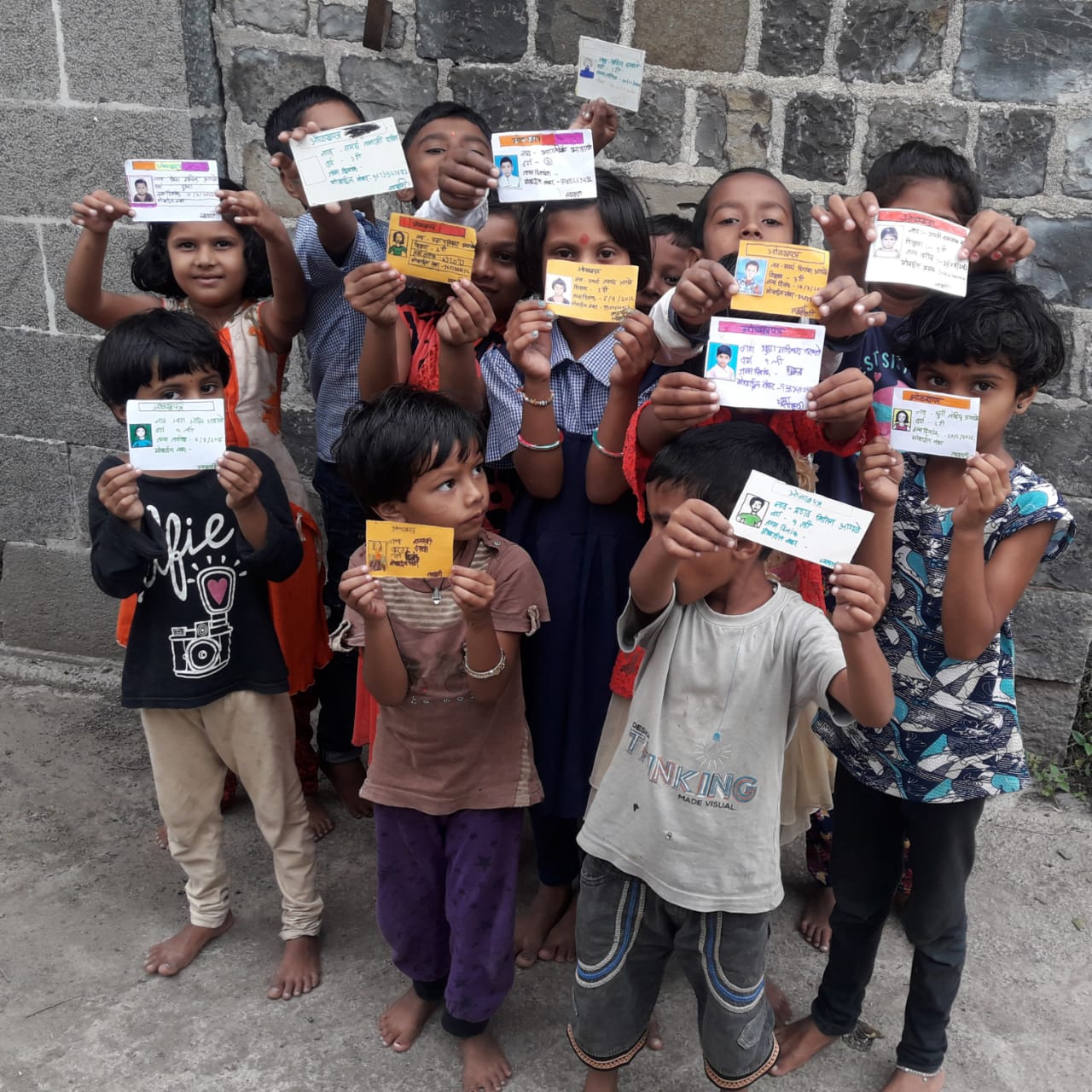GRAM HUNAR FELLOWSHIP PROGRAMME
With a vision to provide all children in Maharashtra with quality education, Gram Urja is building a network of empowered educational leaders from the community to bring a transformational change in the rural education system. We believe that the engagement and involvement of all the stakeholders (Teachers, School Management Committee, Parents, Students, Panchayat) are important in improving the quality of education at the village level. The ASER report 2018 states that nearly 50% of the students from rural Maharashtra are unable to read properly and solve basic mathematical problems. They have limited resources (knowledge, skills and mindset) for their holistic learning and development. The Gram Hunar Fellowship Programme is an initiative to nurture and transform the children and youth, ultimately leading to the development and sustainability of villages.
Past projects
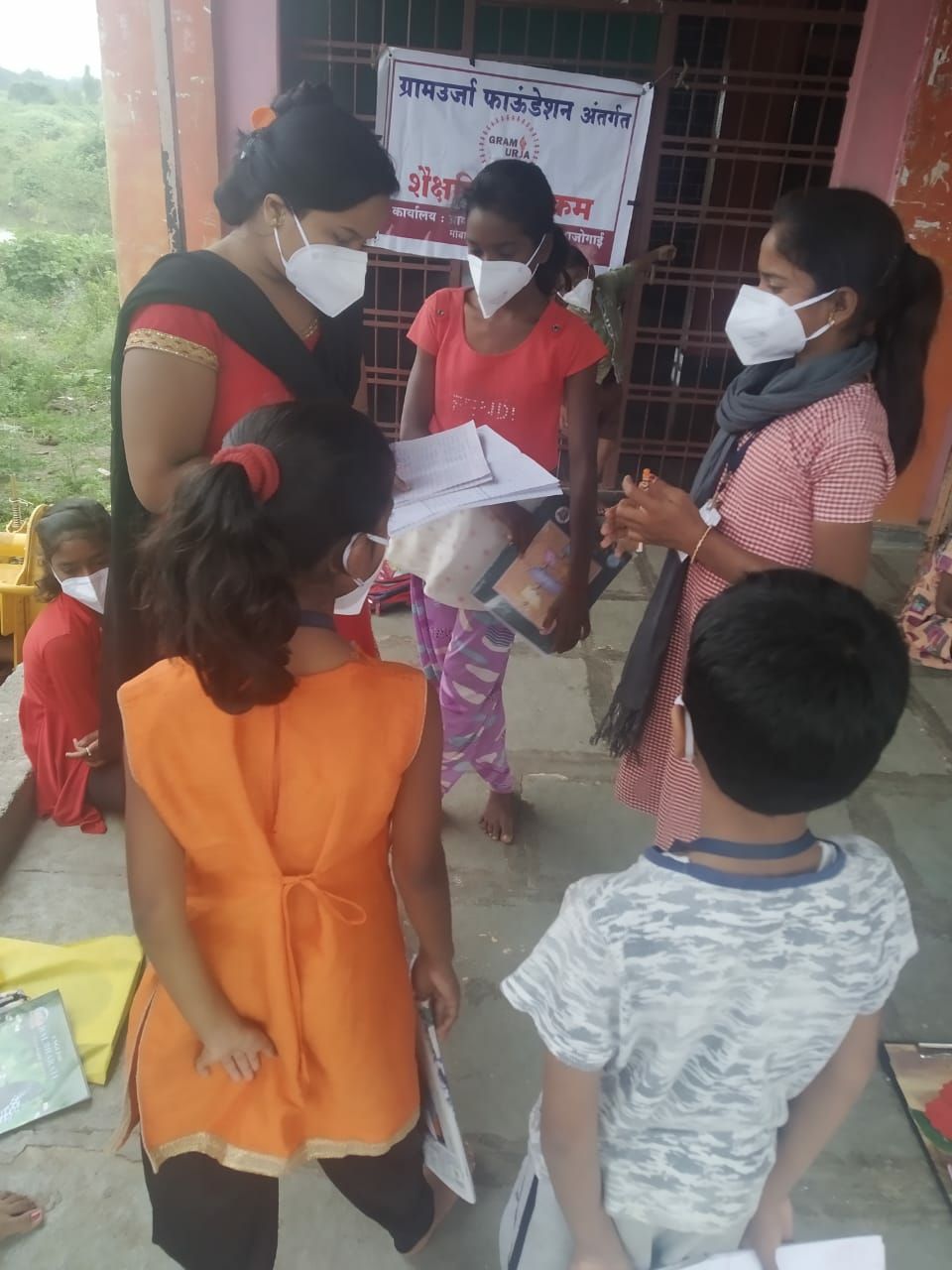
EDUCATIONAL CONTINUITY PROGRAM FOR CHILDREN FROM RURAL AND REMOTE AREAS
After collecting data from villages to understand students’ obstructions to learning, we focused on 30 villages, which were most deprived of an online mode of education. Volunteers with the qualification of graduation and higher were selected, guided and trained to carry-out Activity-Based Learning programs during pandemic time. A baseline examination was conducted to understand their level of learning. Regular offline classes were conducted in community learning centres and their progress was weekly monitored.
Our Partner:


LIBRARY ON WHEELS
20 villages; 200 books in each kit.
Due to the closed schools, students did not have proper
access to books besides subject textbooks. To help them develop a habit of reading and to
improve their socio-emotional learning, creative thinking skills and critical thinking skills,
libraries on wheels are introduced in 20 villages. Each Library consists of 200 multilingual
books that all children can access.
Our Partner:
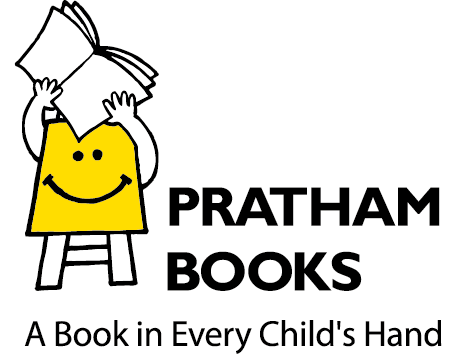

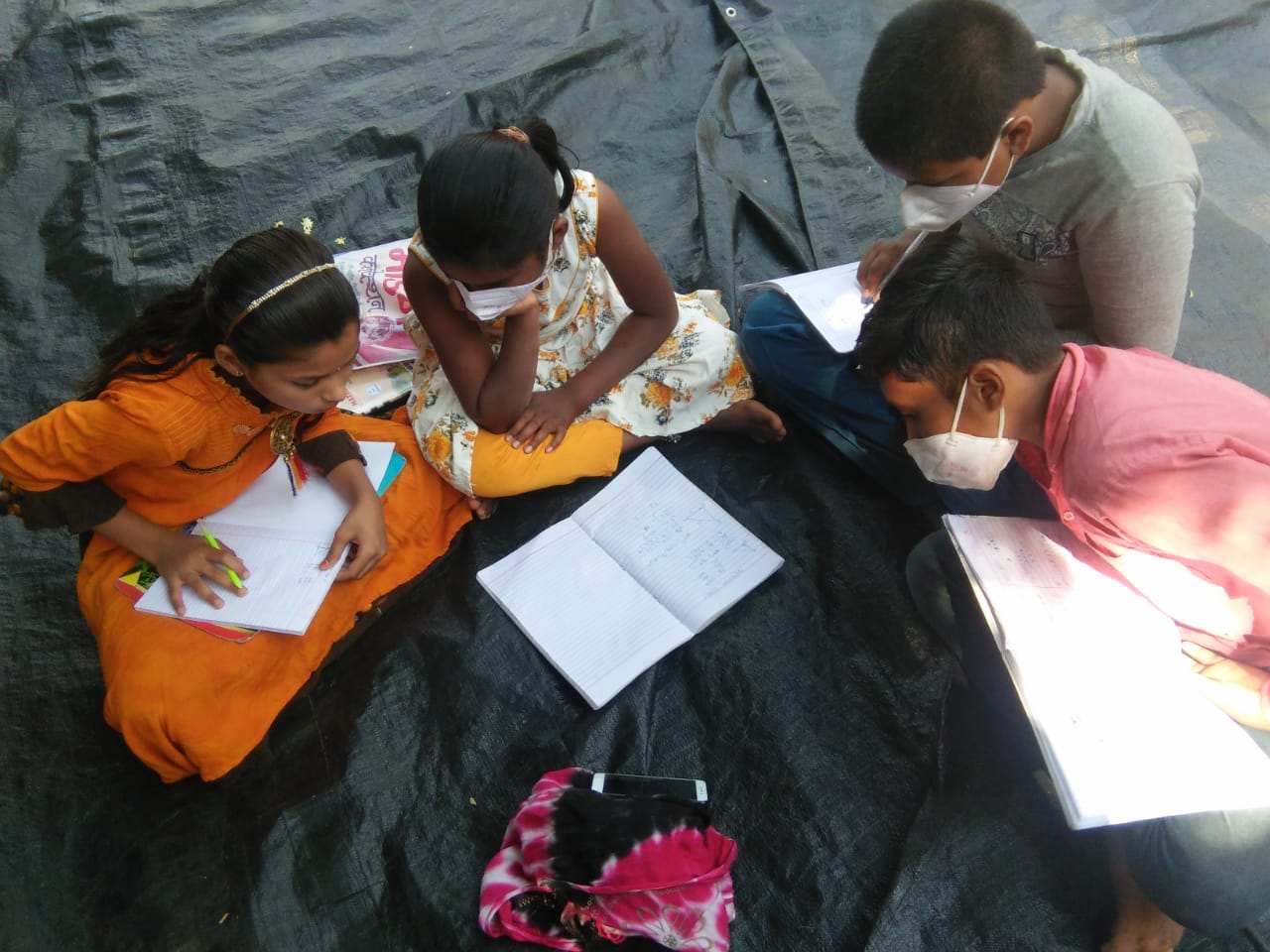
VIDYA GANGA: e-LEARNING PROJECT
In collaboration with eVidyaloka trust, we worked on delivery of an e-learning solution for students from classes 5th to 7th to learn English, Mathematics and Science through engaging audio-visual material. Also, during the second wave of COVID, when we could not continue, we distributed 1100+ worksheets containing topics like Animals, Birds, Geography, Mathematics and Science and others.
Our Partner:

ECO CHAMP
This virtual project was implemented in 14 villages for 5th to 8th standard students for 3 months from January 2021 to March 2021. Every fortnight, the students took 2 hours of online sessions on Google Meet through a volunteer’s mobile and learnt about and performed practicals on Waste Management, Kitchen Gardening, Bio and Non - Biodegradable things.
Our Partner:
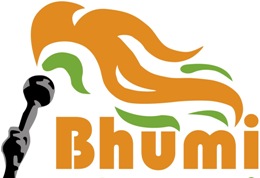
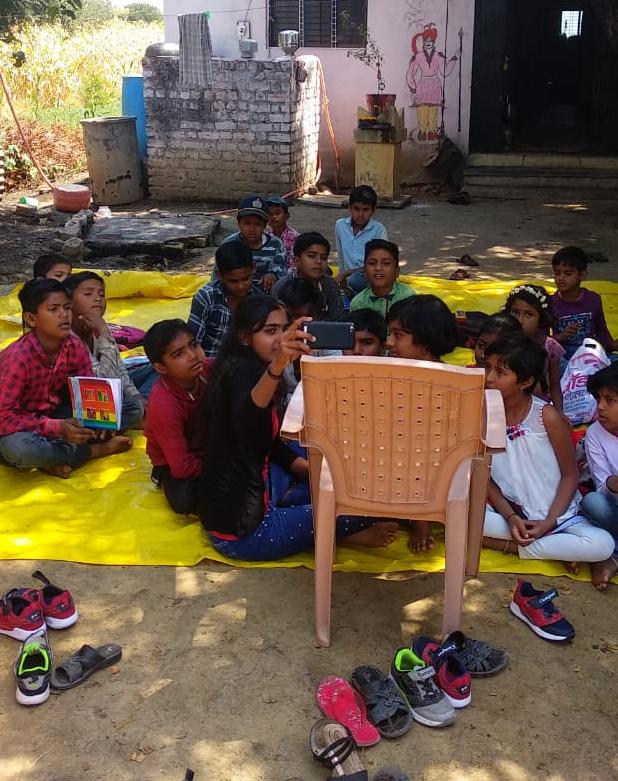
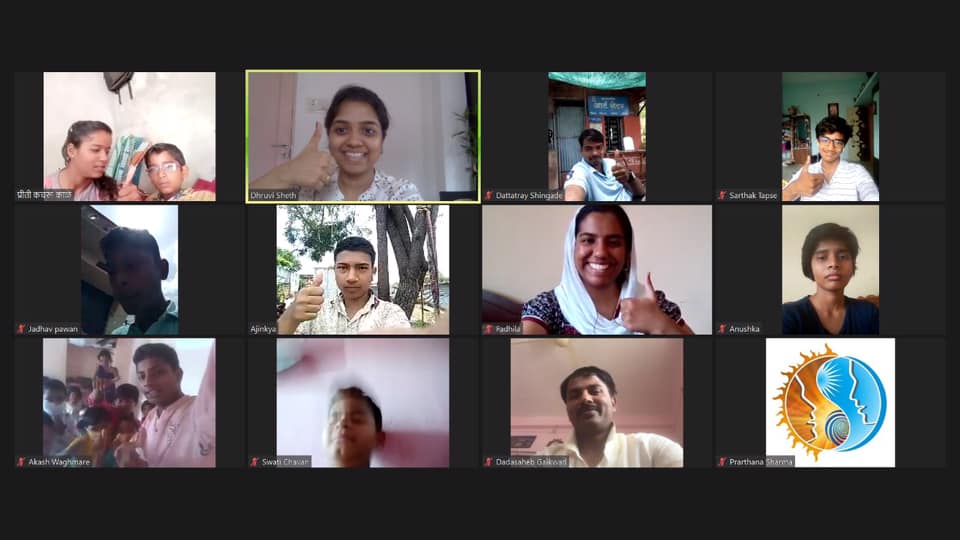
STUDENT COUNSELLING SUPPORT PROGRAM
GramUrja has worked in collaboration with Aatma Prakash Foundation to promote positive emotional health by engaging with children. Webinars, group/individual activities, and storytelling circles were held by trained professionals to impact the lives of 20 students. By addressing the mental health concerns of students, the Mindshala platform was introduced to help them return to normal activities with mental ease.
Our Partner:

MY ABC BOOK
To ensure that the educational progress made by the children is not lost because of interruptions due to the COVID pandemic, this virtual competition was organized for children to design their own ABC book from scratch. Two different categories were created: Primary and Secondary. Colouring kits and books were supplied to each child at a nominal cost to ensure ownership of their creative project. 1000 kids participated in the competition, out of which 10 winners were selected. It fostered creativity and enhanced vocabulary among the young participants.
Our Partner:


PROJECT-BASED LEARNING
“I hear and I forget, I see and I remember, I do and understand.” - Confucius
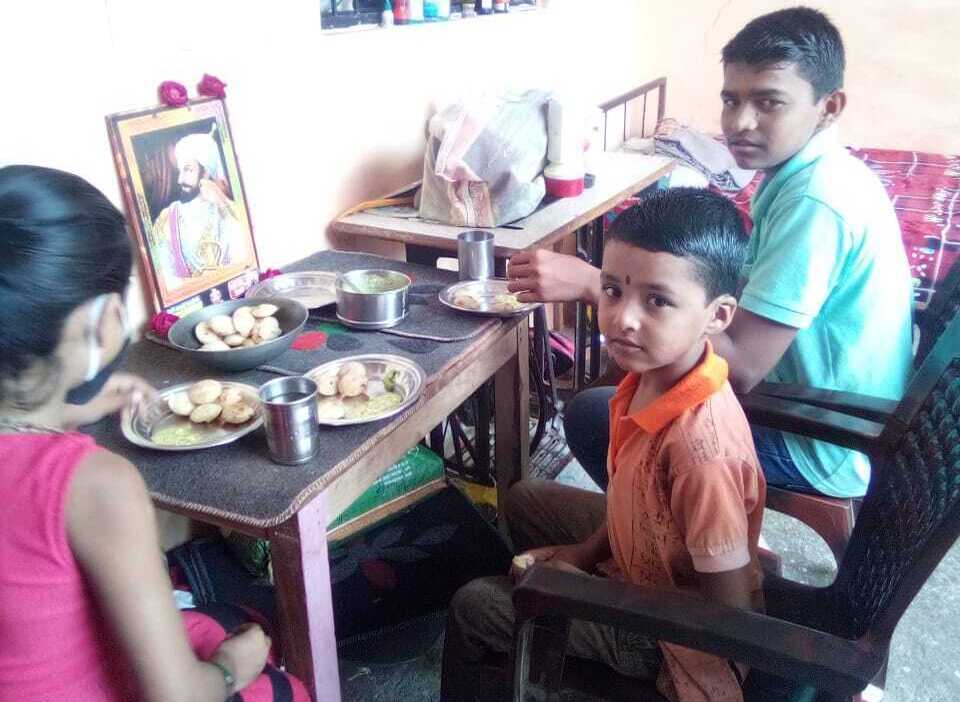
RESTAURANT MANAGEMENT
In order to develop real-life skills, the students were assigned an activity to simulate a restaurant at their houses. They worked as a team to prepare snacks, set the table, and serve to understand the functioning of a restaurant.
ECO-FRIENDLY GANESHA
Ganesha Chaturthi is an auspicious festival to celebrate the birth of Lord Ganesha. Every year, thousands of Ganesh idols are immersed in water bodies, causing a lot of water pollution. To take a small step towards sustainability, students were encouraged to build clay Ganesha idols that dissolve in water and don’t cause any pollution. It also brought out the creative flair of the students in moulding the idols.
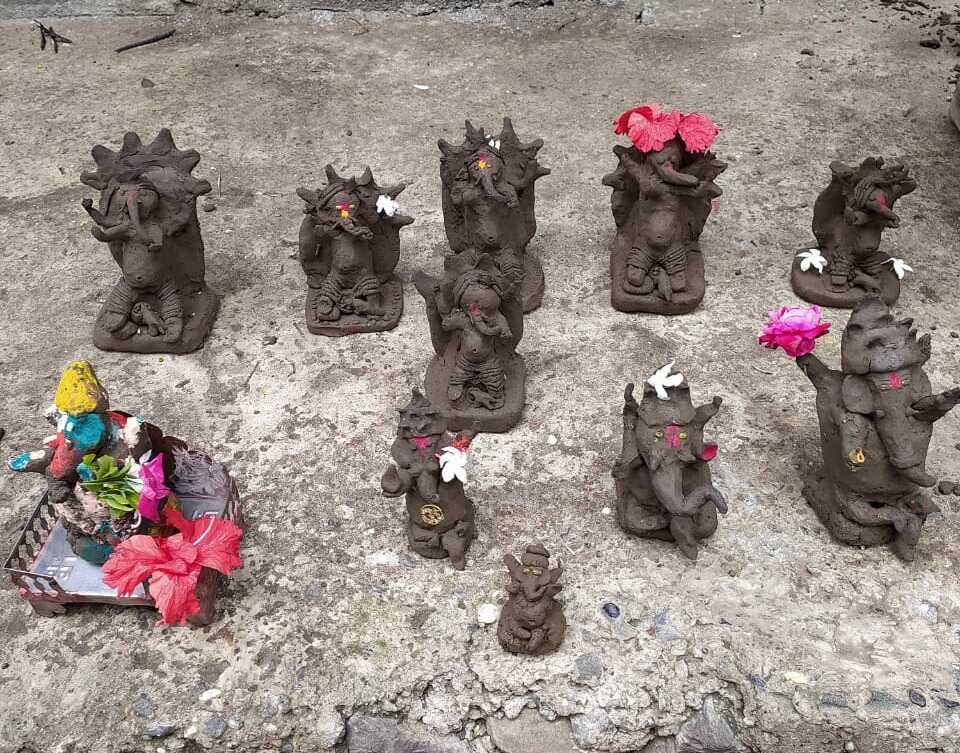

JUMPING MATH
Mathematics is seen as an education monster by many students. This activity was conducted to highlight its real-life applications and make it easy and enjoyable. Students were encouraged to build different models and activities to learn the subject while having fun!
TRAINING IN TRADING
Our education system often lacks real-life skills like business education and financial education. Through this activity, students were taught the basic trade system and various aspects of the business. By understanding the concepts of currency, weighing and other aspects, they also made their own weighing scales using simple objects which can be found at home.


STORE SETUP
The made-up currency and weighing scales from Training in Trading were used to set up a store. Different students took up various roles of shopkeeper and customers and learnt the practical skills of trading and selling.
ID CARD MAKING
To highlight the importance of government-issued identity cards, the students were encouraged to build their own ID cards. With their name, basic details and photographs, they created their own IDs and understood their importance.
